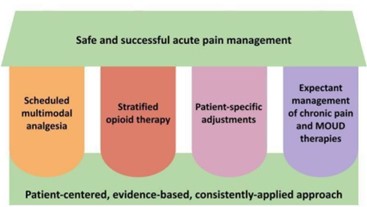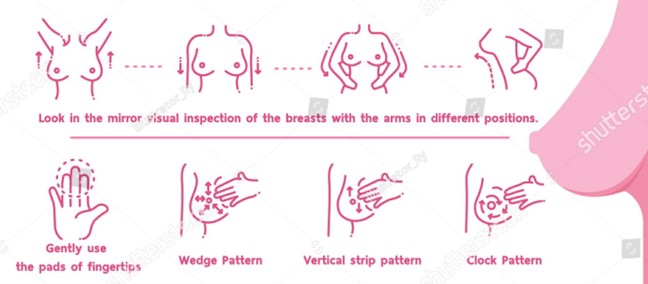The nurse is admitting a client of the Muslim faith during the holy month of Ramadan. The client tells the nurse that he must fast during this time. Which response by the nurse is the most appropriate?
Fasting is harmful to your body.
You must have food during times of illness.
I will let your healthcare provider know that you need to be discharged.
What can we do to accommodate your needs during your stay here?
The Correct Answer is D
This response demonstrates respect for the client's religious beliefs and a willingness to work with the client to meet their needs. It also opens up a dialogue between the nurse and the client to develop a plan of care that is consistent with the client's beliefs and values.
Option a, "Fasting is harmful to your body," is not an appropriate response as it does not respect the client's religious beliefs and may be perceived as insensitive or disrespectful.
Option b, "You must have food during times of illness," may be accurate in some situations, but it is not relevant to the client's request to fast during Ramadan.
Option c, "I will let your healthcare provider know that you need to be discharged," is not an appropriate response as it does not address the client's request to fast during Ramadan and may be perceived as dismissive or unhelpful.
Nursing Test Bank
Naxlex Comprehensive Predictor Exams
Related Questions
Correct Answer is B
Explanation
Pain is a subjective experience, and the client's report of pain should be respected and addressed promptly. If the pain medication is ordered and it has been longer than the ordered interval, the nurse should administer the medication as prescribed. In general, withholding pain medication for a client in pain is not an appropriate action.
Administering half the ordered dose of pain medication without a healthcare provider's order is also not appropriate. The nurse should follow the healthcare provider's orders for pain medication administration and titration.

It's also not appropriate to assume that the client is faking pain without adequate assessment and evidence to support such a claim. The nurse should perform a thorough pain assessment, including the location, intensity, and quality of the pain, and consider non-pharmacological interventions to help manage the pain.
Correct Answer is ["A","B","C"]
Explanation
The nurses would teach the patient to palpate all four quadrants of the breast, including the upper outer quadrant, lower inner quadrant, and upper inner quadrant, as well as the tail of Spence, which is the extension of breast tissue into the axilla (armpit). It's important for the patient to be familiar with their own breast tissue and report any changes or abnormalities to their healthcare provider.

Whether you are a student looking to ace your exams or a practicing nurse seeking to enhance your expertise , our nursing education contents will empower you with the confidence and competence to make a difference in the lives of patients and become a respected leader in the healthcare field.
Visit Naxlex, invest in your future and unlock endless possibilities with our unparalleled nursing education contents today
Report Wrong Answer on the Current Question
Do you disagree with the answer? If yes, what is your expected answer? Explain.
Kindly be descriptive with the issue you are facing.
